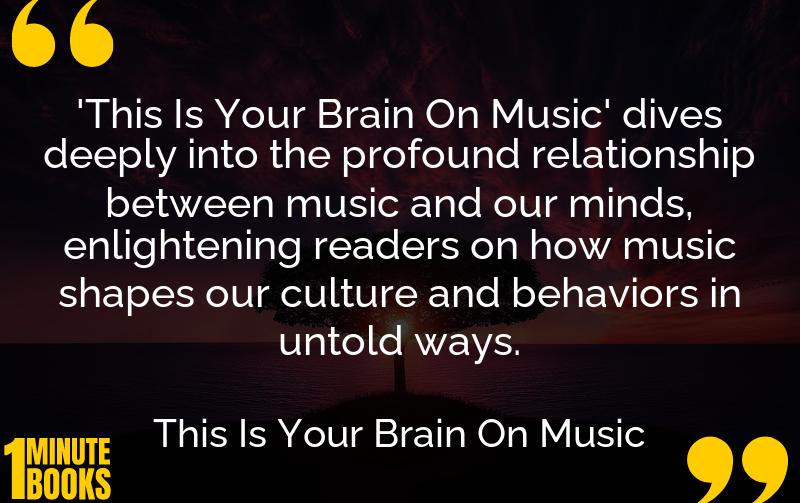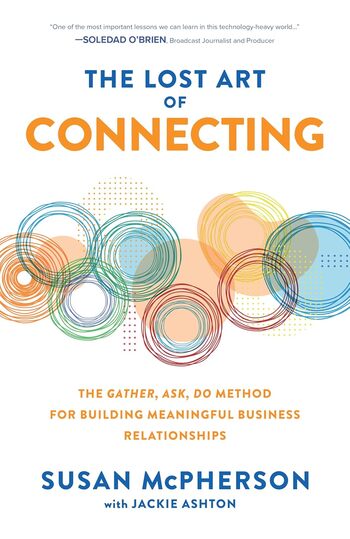
This book explores the interplay between music and the brain, examining how music affects our culture, preferences, and evolutionary history, with insights from neuroscience and music theory.
Main Lessons
- Music plays a crucial role in cultural development, reflecting societal values and roles.
- The brain processes music through complex neural pathways, affecting emotions and cognition.
- Our musical preferences may have evolutionary origins, influencing social interactions.
- Speech may have evolved from music, providing insights into human communication development.
- Music can influence emotions and behaviors, shaping cultural experiences and individual identities.
- Neuroscience can help us understand why people have different music preferences.
- Music impacts individuals from an early age, with potential influence even in the womb.
- Different brain regions are involved in processing various musical components like pitch and rhythm.
- Music preferences can be influenced by factors like personal background and experiences.
- The book explores fascinating experiments on how creativity versus wealth is perceived in a social context.
- Levitin introduces basic music theory, making complex concepts accessible to all readers.
- Understanding music’s complexity can enhance appreciation and highlight its universal impact.
- Music’s role in society spans numerous functions, from emotional expression to communication.








